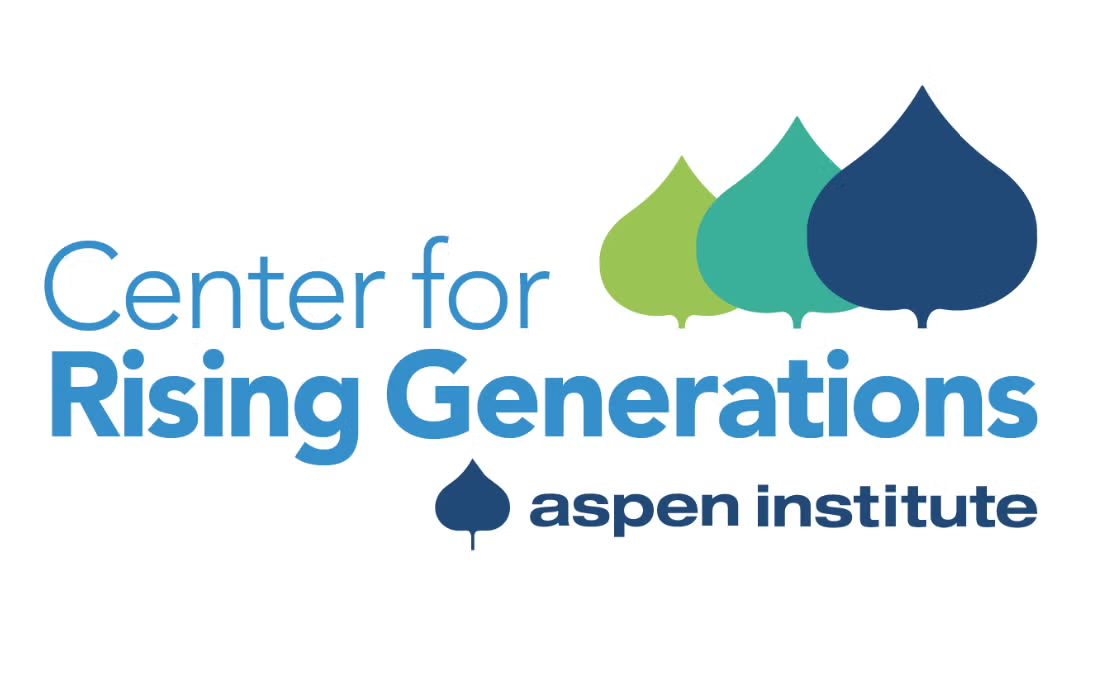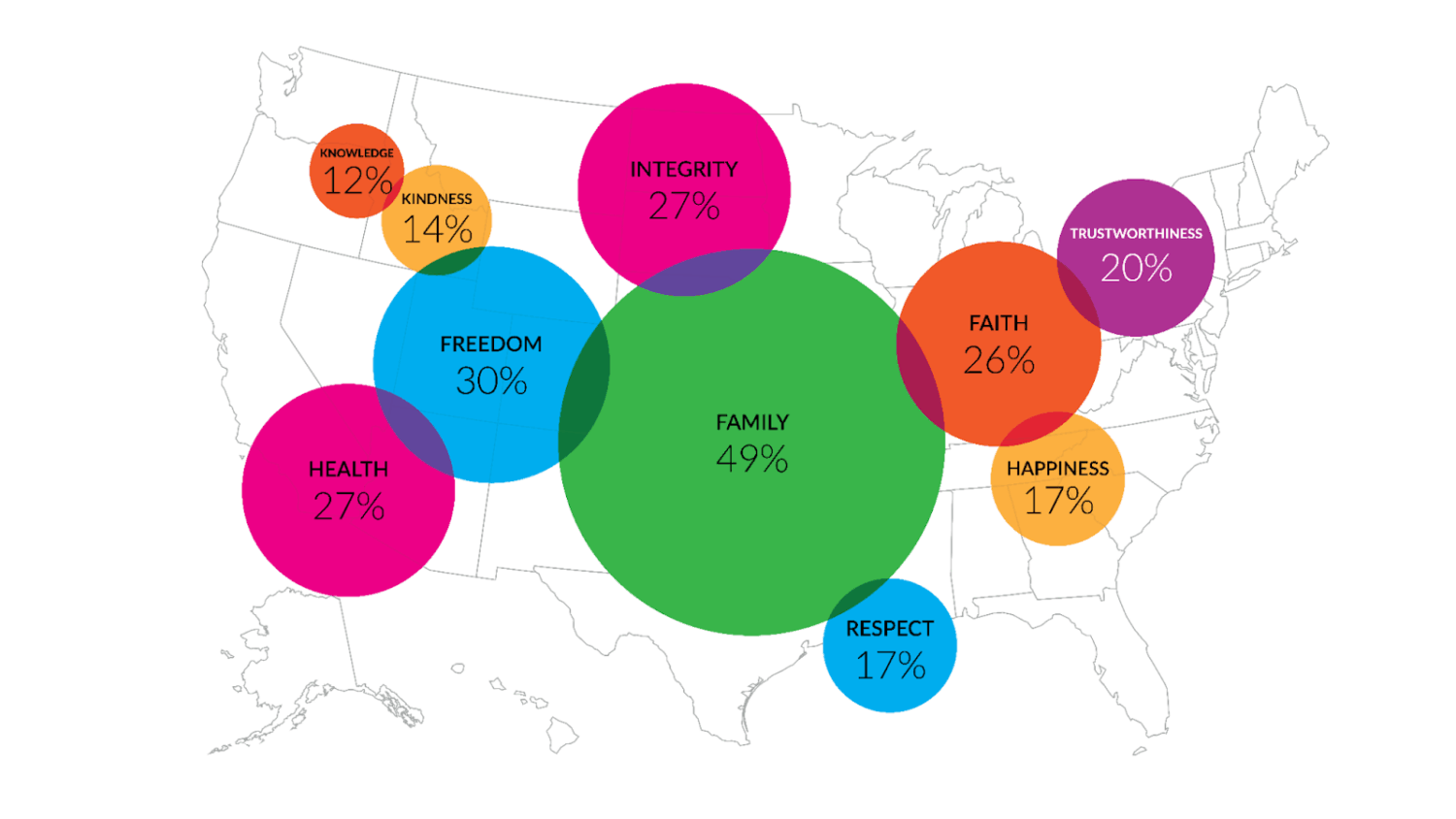Amid a backlash to Environmental, Social and Governance practices that nearly half of the 150+ participants at the Aspen ESG Summit say is making their work harder, these business leaders are discovering new ways to advance sustainability and worker well-being inside their companies
Contact: Keith Schumann
Communications Manager
Aspen Institute Business & Society Program
Keith.Schumann@aspeninstitute.org
New York, NY, July 17, 2023— The Aspen Institute’s Business & Society Program kicked off the second Aspen ESG Summit this past week with a flash poll to gauge the business impact of political rhetoric from statehouses to Congressional hearings targeting Environmental, Social and Governance practices in business. Almost half (48%) of the 150+ participants agreed or strongly agreed with this statement “The heated rhetoric on ‘ESG’ is adversely affecting my ability to advance my work.” By contrast, just 24% of respondents disagreed or strongly disagreed with this statement. “The data captured at the Summit really crystallized what I’ve been hearing in my conversations with business leaders in the last year. You cannot talk about sustainability the way you would have a few years ago, that’s true,” commented Business & Society Program Executive Director Judy Samuelson. But she added: “Business leaders aren’t giving up on sustainability or worker well-being. Instead, they’re finding new ways to make the case.”That sentiment was heard throughout sessions at the Summit held from July 11-July 13th, featuring sessions like “Resetting the ESG Narrative,” “Responding to Changing Markets and Regulations,” and “Taking the Long View: Sustainability Meets Strategy.” Supported by the Boston Consulting Group, Edelman, Walmart, Johnson & Johnson, and many other leading firms and foundations, the invitation-only immersive gathering is designed as a dialogue among business leaders along with long-term investors, corporate governance experts and those who advise, prod, and regulate business. Witold Henisz, Vice Dean and Faculty Director, ESG Initiative; Deloitte & Touche Professor of Management at The Wharton School at the University of Pennsylvania, sought to explain the disconnect between the generally positive sentiment about progress on ESG at the Summit and the sense that the work has indeed gotten harder in a period of backlash. Quoting one participant at the Summit, Henisz asked in a LinkedIn post “Is ESG by another acronym just as sweet?” a reference to the trend of so-called “green hushing” by which companies seek to be less outspoken about climate and sustainability initiatives, even as they seek to continue moving ahead with goals in response to the calls of employees, customers, and the public writ large. Henisz, whose own research indicates that profits and purpose can be mutually reinforcing, emphasized the need for more engagement to reset the public narrative on ESG.There was little support registered among the participants on site for combatting the anti-ESG movement with pushback in the political arena. In a flash poll asking the 150+ participants what the most important thing to do to support the mainstreaming of ESG in the next year, only 11% responded “counter anti-ESG rhetoric in politics and media,” a far cry from the choice with the most votes, “strengthen the business case for ESG,” with a landslide 48% of the vote. A further poll, “Which group will have the greatest influence on the mainstreaming of ESG practice in the year to come?” revealed more divided opinions, with 27% saying CEOs, 21% saying investors, and 19% saying regulators. “ESG legislation in the U.S., or regulatory standards in Europe, get a lot of headlines, but this data suggests that business executives are working within business principles and the fundamentals of strategy and operations. Speaking clearly to what matters most to the long term health of their enterprise—that clarity is where CEOs can really make the difference,” commented Judy Samuelson. “How they go about that is the most important question. We at the Business & Society Program will be focusing on the strategies business leaders can use to drive home the tremendous business opportunities in enhanced environmental, social and governance practices.”For commentary from Judy Samuelson on ESG issues and business strategies to navigate the anti-ESG backlash, reach out to Business & Society Program Communications Manager Keith Schumann at Keith.Schumann@aspeninstitute.org.
###
The Aspen Institute is a global nonprofit organization committed to realizing a free, just, and equitable society. Founded in 1949, the Institute drives change through dialogue, leadership, and action to help solve the most important challenges facing the United States and the world. Headquartered in Washington, DC, the Institute has a campus in Aspen, Colorado, and an international network of partners. For more information, visit www.aspeninstitute.org.The Aspen Institute Business and Society Program (Aspen BSP), founded in 1998, works with business executives and scholars to align business decisions and investments with the long-term health of society—and the planet. Through carefully designed networks, working groups and focused dialogue, the Program identifies and inspires thought leaders and “intrapreneurs” to challenge conventional ideas about capitalism and markets, to test new measures of business success and to connect classroom theory and business practice. The Business and Society Program is most known for the First Movers Fellowship, for dialogue on curbing short-termism in business and capital markets, and for fresh thinking about the Purpose of the corporation. For more information, visit www.aspenbsp.org.






